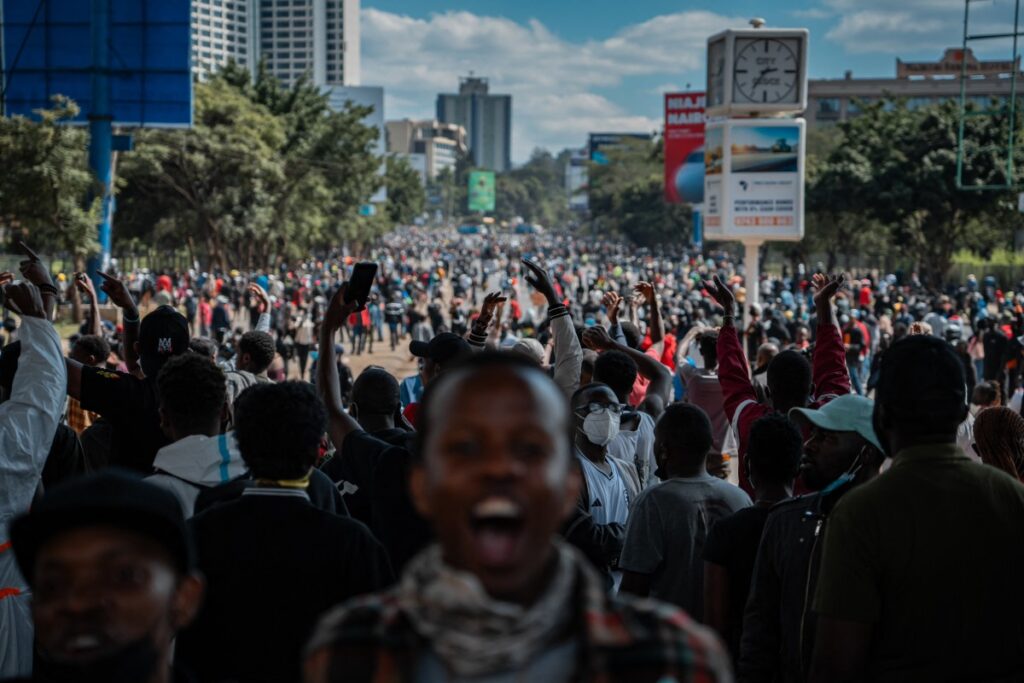
Today, I begin this column as a means of speaking to the President of the Federal Republic of Nigeria. I have known the president back in the days of pro-democracy movement.
Now fate has put him at the helm of affairs of our dear country. Amidst officialdom, bureaucracy, and sycophancy that surround state minders, the president needs the benefit of counter-currents to commonplace viewpoints and prescriptions of officialdom that might obscure a vision, perception and understanding of the lie of the state.
I believe he needs some critical opinions from those that may be called counter-elite to help stir the ship of state in the right direction. My modest objective is to endear him to a considerable segment of the population. So, I shall relate to the core issues that bear on the Nigerian state and its people.
Since the president assumed office on May 29, 2023, some salient issues of governance have arisen. One is the removal of oil subsidy. Two is the dwindling value of the national currency, the naira. Three is the continuing insecurity in the country. Related to the fortune of the naira is inflation and the prohibited cost of goods and services in the country. These combined have made life unbearable for Nigerians. These issues shall receive fuller attention in subsequent series of this serial.
Governance is an omnibus phenomenon that embraces the social forces and their contestations. It pertains to institutions and agencies in place to deliver the primary responsibility of the state in ways that moderate the conflicting interests within. Governance also embraces capacity building, and legitimacy of the state which is why those people that are saddled with the responsibility of managing the state must have the wisdom of stirring and moderating the interests of the social forces within the relations of production.
A grasp of the meaning of governance is invaluable to those vested with state power who must always remember that popular sovereignty resides in the people and therefore the business of governance is for the promotion of general well-being of the people through devious management of resources in ways that are sustainable for future generations. Governance is not about personal aggrandisement.
It is not a clientilist network. It is not about cannibalising the state resources to the detriment of the people. It is not about creating illusions. It is not about empty promises. Governance is much more meaningful when it is about the people and their well-being. It is the act of creating hope, not hopelessness for the people. It is within this general conceptual prism that I intend to engage with the policies of the present government, offer an honest critique of its policies, in ways that it can succeed to the glory of God.
Machiavelli in his The Prince, envisioned that a government that will succeed can be discerned from the choice of his ministers and advisers. The Florentine thinker notes that “The choice of Ministers is a matter of no small moment to a Prince.
Whether they shall be good or not depends on his prudence, so that the readiest conjecture we can form of the character and sagacity of a prince is from seeing what sort of men he has about him. When they are at once capable and faithful, we may always account him wise, since he has known to recognise their merit and retain their fidelity. But if they be otherwise, we must pronounce unfavourably of him, since he has committed a first fault in making this selection.”
The quote from the Florentine sage above provides for the president a basis for retrospection on the choice he has made so far to deliver on the renewed hope agenda. Whatever the president sees in the mirror will not be a surprise. His plan B of having his cabinet members signed ahead resignation letters to be activated upon grievous misdemeanour avails. Politics should not always trump merit.
Nigerians yearn for transformation, improvement in their well-being, peace and progress. Governance is a continuum, and President Tinubu can write his name in the sands of time if pro-people policies are implemented conscientiously. The president does not need to pander to the meddlesomeness of sycophants in high places, forces of imperialism that we encounter through the agencies of global governance such as the IMF and World Bank, WTO, UN etc. These institutions were established without a deal for the black man.
To be sure, one of the deficits of the fourth republic that everybody has acknowledged is the absence of ideological articulations by the political parties, whether in power or out of power. They have not what we may call a governance compact that seeks progressively and consistently with a great deal of commitment to promote development of the Nigerian state.
So, its absence has rendered the ship of the Nigerian state rudderless. It is high time that the country had a government with clear vision that is attractive enough to some of the dominant social forces to advance the progress of the country, to the rebound of our national well-being.
Articulating an ideological vision of society is important for the well-being of our people and for consolidating our democracy which I think today cannot be said to be nascent, because democracy in Nigeria fourth republic has run for over two decades since 1999 to date. We can no longer plead a learning curve. May God guide the president, and God bless Nigeria.
To be continued
Akhaine is Professor of Political Science, Lagos State University. He can be reached via:234 (0)8037155443.













